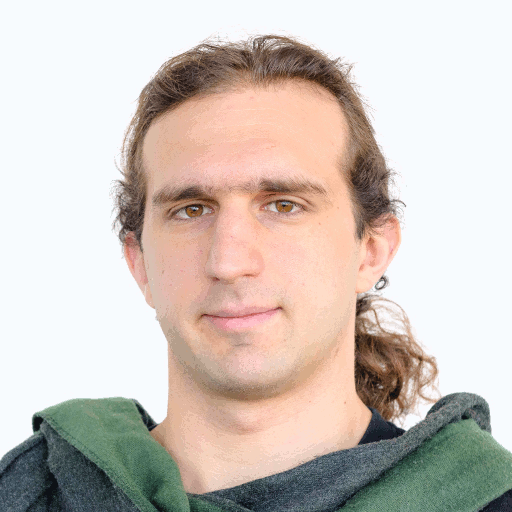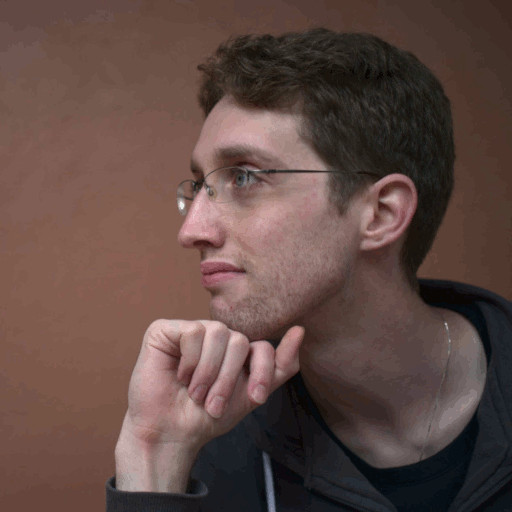-
RustBridge

RustBridge is an all-day workshop focused on getting underrepresented people with a background in another programming language to learn Rust and join the community. In this workshop we’ll get you up and running with a Rust development environment, introduce you to Rust syntax and programming concepts, and work together to build a small website that you can personalize, extend, and share!
Sign up here📍 Location: Centro Congressi Frentani, Sala Accademia -
Writing Parsers and Cutting Corners or How I Learned to Stop Worrying and Love ASCII
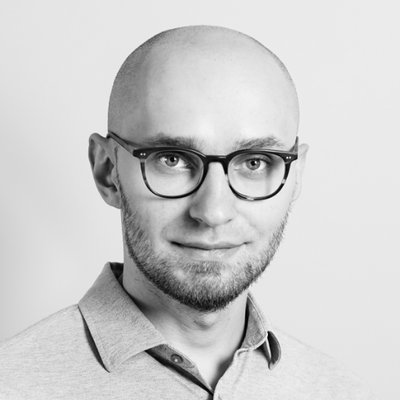
Want to parse some JSON? How about a Lisp? Or maybe Yet Another Another Markup Language? Whatever the motivation, we got you covered! We will work with a very small language with a grammar written in Pest (which is amazing!), try to understand what it’s doing, and see if we can make a hand-written(-ish) parser from scratch that is faster then the Pest-based one. Then we will look through some ways to make that even faster.
You will learn:
- That benchmarking your code and making it faster is a lot of fun!
- Scary words like Lexer, Tokenizer and Abstract Syntax Tree.
- That somewhat tedious and boring looking code can occasionally be the one that runs fastest.
- How to get rid of that somewhat tedious and boring code without losing performance.
- How to stop worrying and love ASCII.
- How to construct mostly allocation-free recursive tree structures.
- How to leverage C-like strings in (mostly) safe Rust.
This workshop is for you if:
- You are somewhat familiar with Rust, but came from a garbage collected language like JavaScript or Python and haven’t quite yet figured out how all this memory management business really works.
- By some weird accident you believe, like I do, that writing parsers is really fun.
- You have no idea about any of this, but are curious and want to learn.
📍 Location: Centro Congressi Frentani, Sala Latini -
Parallel Programming
Multiprocessor programming is a big mystery to many people. This is an introduction workshop for beginners explaining different modes on execution and then use channels to develop a multi-platform, parallel thumbnail generator.
Using the crates ThreadPool and rayon we will learn how easy it is to parallelize workloads with rust.
📍 Location: BW Plus Hotel Universo, Sale Olga -
Networking & Web
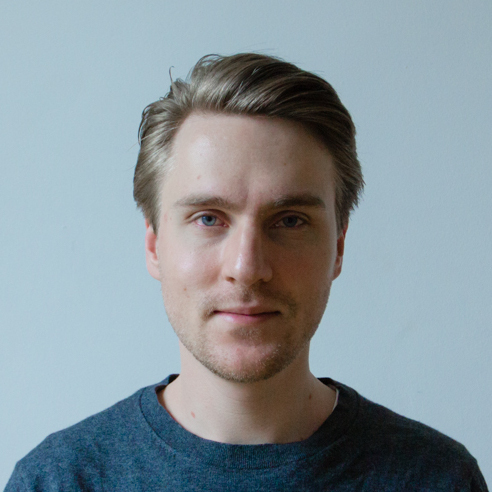
Yann Leretaille
Yann Leretaille is a French-German tech entrepreneur and think-tank founder. He is the CTO and a co-founder of 1aim, a startup aimed at redefining how buildings work, as well as how we relate to the objects around us, and the Good Technology Collective. The collective advocates for rational data collection, greater public awareness of data gathering and use, and the importance of reframing the narrative of a future society centered around Internet of Things (IoT) to one based around the concept of intelligence by design.
Join Yann (Founder, 1aim), Hoverbear (Engineer, PingCAP) and fellow attendees in an ad-hoc space to present and discuss your latest research and experiments in the fields of networking, radio, routing/infrastructure, chaos testing, service discovery, encoding, monitoring, instrumentation, and distributed computing.
How do Tokio reactors work? What are the pitfalls of UTF-8? What are useful design patterns for transactional requests? How can we greater leverage futures? How can we ensure our system behaves as we expect? How can we feel comfortable destroying database nodes in production? How do IMAP and SMTP work anyways?
You are encouraged to bring less than 15 minutes worth of content, a project, or a research paper you find interesting. All attendees will be invited to both ask for a topic to be covered, and present on any topic of interest to the group. Participation is voluntary, of course.
Together, let’s architect the future.
📍 Location: BW Plus Hotel Universo, Sale Maria -
GTK and GStreamer
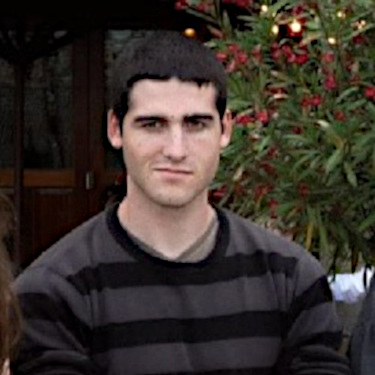
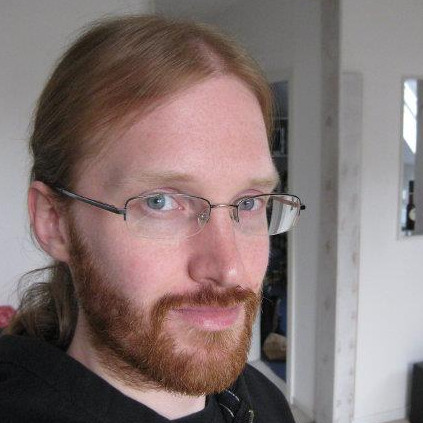
Sebastian Dröge
Sebastian Dröge (slomo) is a Free Software developer and one of the GStreamer maintainers and core developers. He has been involved with the project since more than 10 years now. He also contributes to various other Free Software projects, like Debian, Rust, GNOME and WebKit. While finishing his master’s degree in computer sciences at the University of Paderborn in Germany, he started working as a contractor for GStreamer and related technologies. Sebastian is one of the founders of Centricular, a company providing consultancy services, where he’s working from his new home in Greece on improving GStreamer and the Free Software ecosystem in general. Apart from multimedia related topics, Sebastian has an interest in digital signal processing, programming languages, machine learning, network protocols and distributed systems.
In this workshop we will go through the basics of using the GTK+ UI toolkit and the GStreamer multimedia framework from Rust. A small webcam desktop application will be written during the course of the workshop, which will allow to view the video from the webcam, take snapshots and record videos, possibly with effects.
If you’re interested in either of the two technologies and how to use them from Rust then this is the workshop for you.
Basic Rust knowledge is a requirement for this workshop and participants should bring a laptop with a webcam, running Linux, macOS, or Windows, or pair with another participant on their laptop.📍 Location: BW Plus Hotel Universo, Sale Ludovica -
Fastware
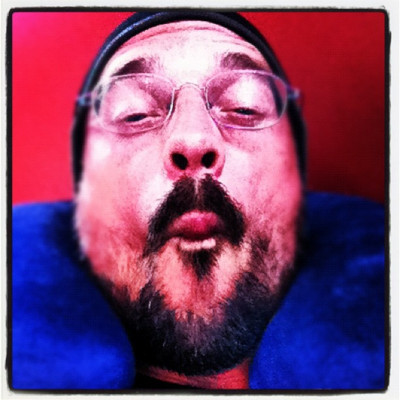
David Palm
David has worked as a developer for 20+ years in a multitude of languages all over europe and the US. After a few years of being bored with Go, he jumped the gun and made a bet on Rust a few years ago. Currently working at Parity Technologies. In his free time he climbs rocks and changes diapers. Speaks Italian!
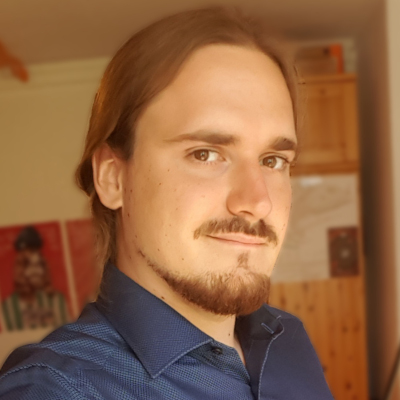
Robin Freyler
Robin Freyler has been developing for over a decade, with almost four of those years spent diving into Rust. He is passionate about studying programming languages, compilers, and formal methods. Before joining Parity Technologies as a Core Developer, he worked on a tool for verification of C code. He is always eager to learn more about Rust and hack on his hobby projects.
Rust is often touted as a fast language, but the Rust compiler isn’t magic. Although Rust enables and encourages an efficient style of programming, sometimes you need to dig deep and worry about the low-level details of your code. This workshop will teach you how to get the most out of your programs, without resorting to unsafety.
📍 Location: Centro Congressi Frentani, Sala Etruschi -
Effective Rust Documentation
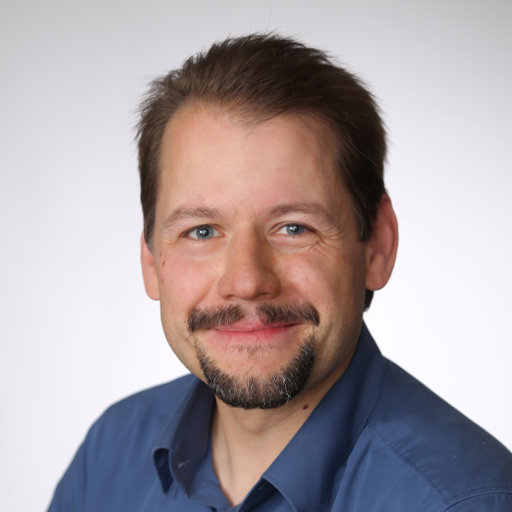
While Rust and its ecosystem has some shining examples of great documentation, there’s still a lot to do. So let’s spread the word how to improve all our crates’ docs. Because they deserve it.
This is a “bring your own crate” workshop, so please select a crate you want to document or improve documentation on. For those undecided, I will maintain a list of “docs wanted” crates during the talks day to distribute crates randomly.📍 Location: BW Plus Hotel Universo, Sale Anna
